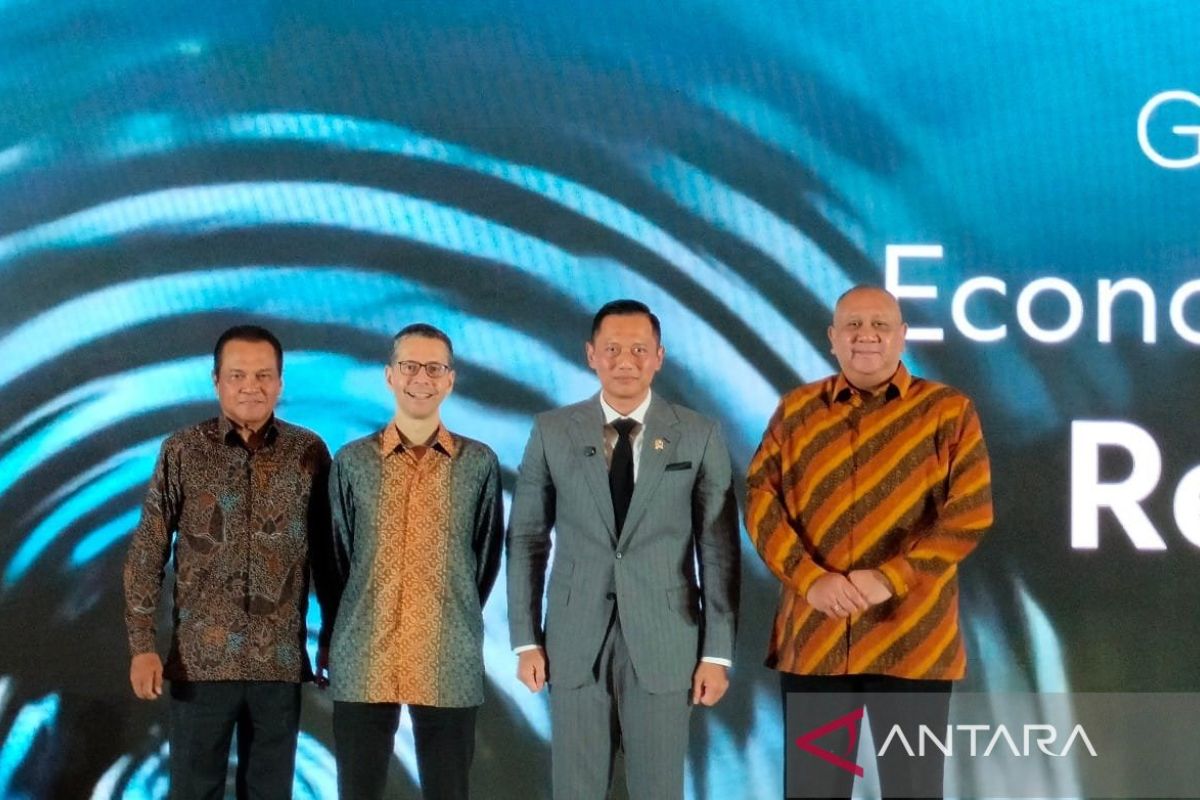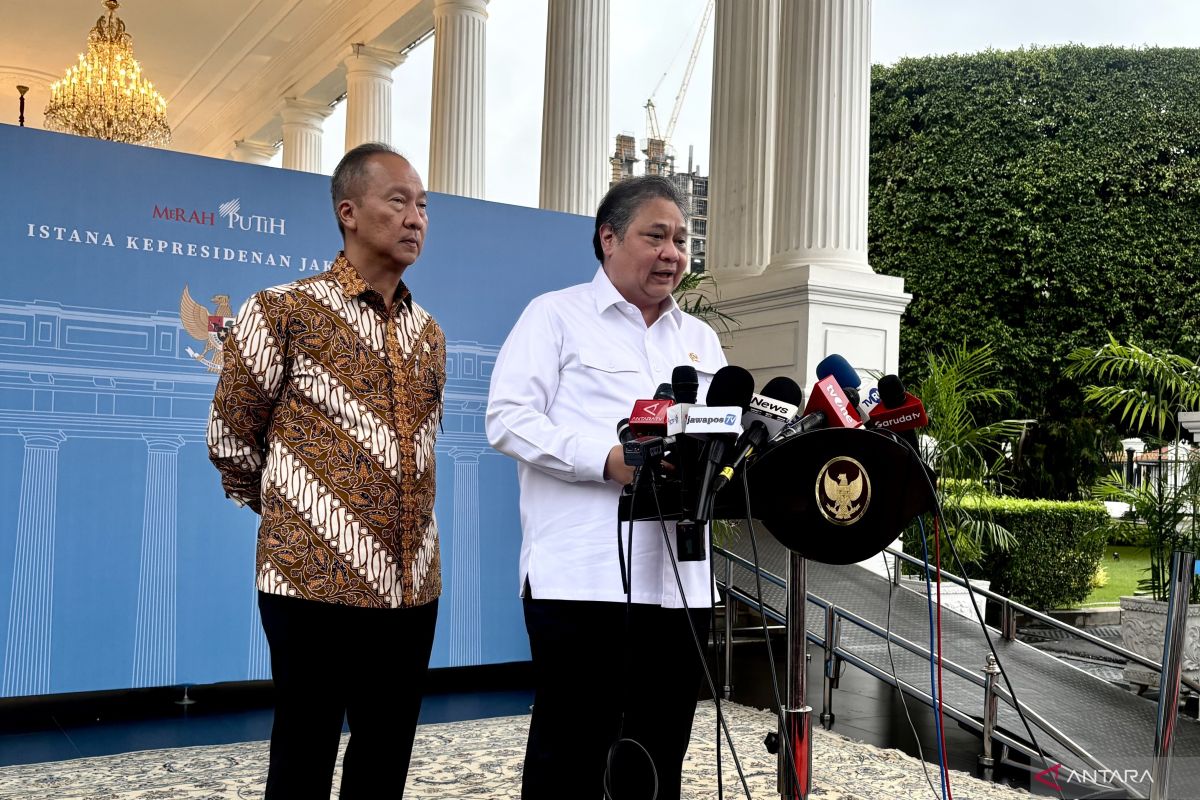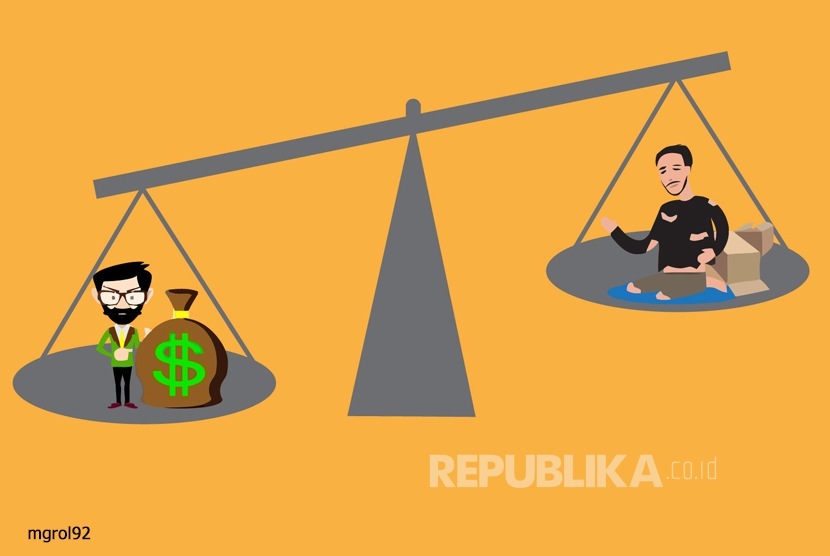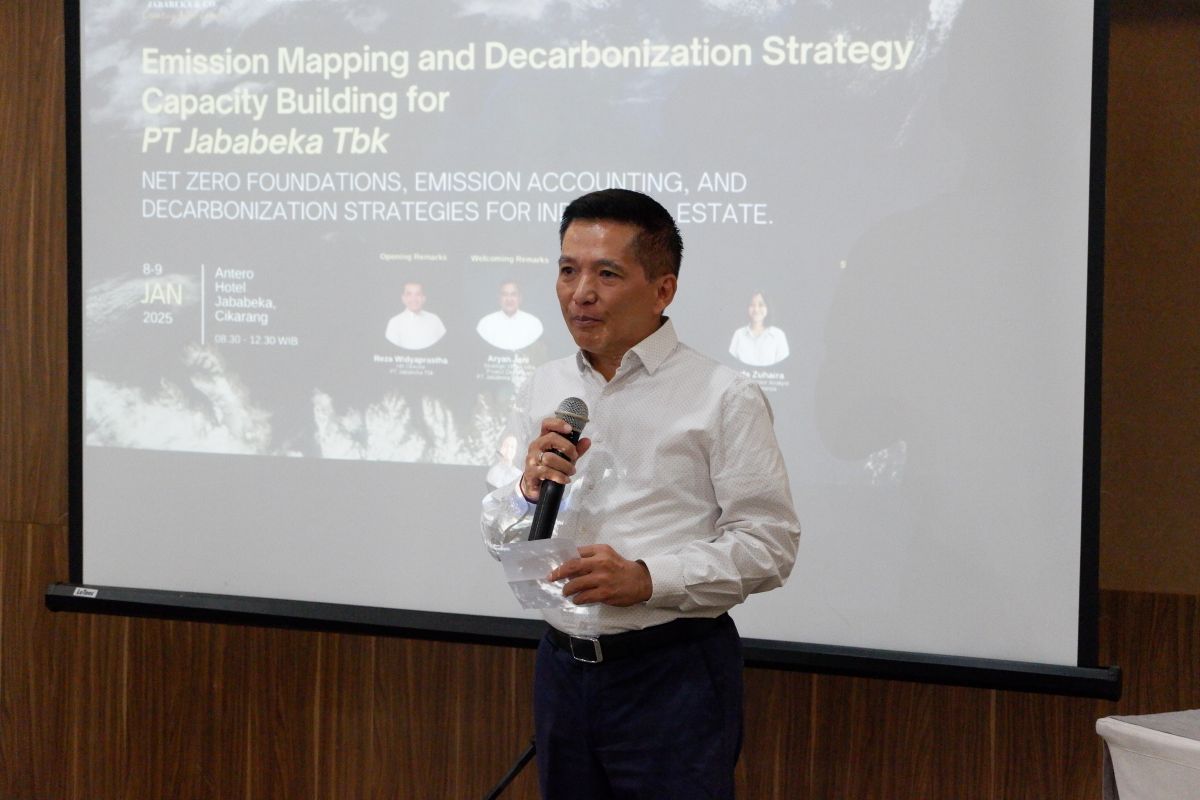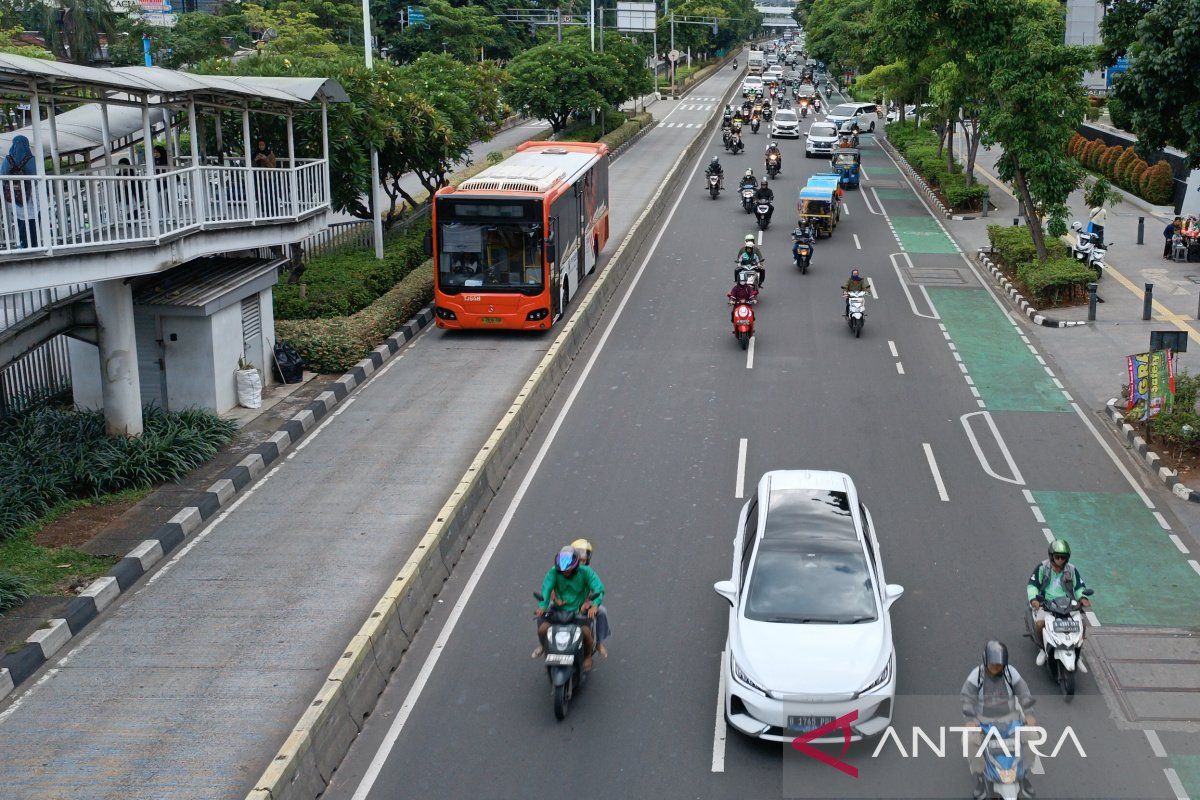KPK Finds Widespread Bribery and Gratification in Ministries, Regional Governments
The anti-graft body KPK has revealed that bribery and gratification practices remain prevalent in ministries/institutions and regional governments.

TEMPO.CO, Jakarta - The Corruption Eradication Commission () has revealed that bribery and gratification practices remain prevalent in ministries/institutions and regional governments. Based on the results of the 2024 Integrity Assessment Survey (SPI), the KPK recorded a National Integrity Index score of 71.53 points.
“This figure indicates a continued vulnerability to corrupt practices,” said Pahala Nainggolan, KPK’s Deputy for Prevention and Monitoring, in an official statement on Thursday, January 23, 2025.
Pahala explained that 90 percent of bribery and gratification cases occur within ministries/institutions, while 97 percent are observed in regional governments, including provinces, cities, and districts. This increase is evident not only from external reports but also from a fairly sharp rise in acknowledgments from within government institutions.
He outlined that 36 percent of internal respondents witnessed or heard of employees receiving gifts, including money, goods, or favors, from service users within the past year. This figure represents a 10 percent increase compared to the previous year. These gifts were reported to originate from both the private and public sectors as service users.
The survey data reveals that service users provided gifts to officials both with an agreement (bribery/extortion) and without an agreement (gratification), with nearly equal percentages: 50.05 percent for gratuities and 49.95 percent for bribes/extortion.
The survey also shed light on the various forms of bribery and gratification observed in the field. Money remains the most common form of gift, accounting for 69.70 percent of cases. Other forms include goods (12.59 percent), favors/entertainment (7.68 percent), and other categories (10.03 percent).
Regarding the motivations behind offering bribes/gratifications, external respondents indicated that expressing gratitude was the primary reason, accounting for 47.21 percent of cases. Other motivations included seeking protection (17.52 percent), building relationships (15.51 percent), and alleviating embarrassment or discomfort (14.22 percent).
Furthermore, external respondents reported that information regarding the expectation of providing gifts often originated from government officials themselves (42.07 percent), followed by personal initiative (22.3 percent), and traditional or common practices (16.65 percent).
In response to these findings, Pahala urges all members of society, both in the government and private sectors, to participate in the fight against by refusing to offer or accept bribes/gratifications. The KPK also encourages the commitment of organizational leaders in government institutions to foster a culture of integrity and implement effective corruption prevention systems.
Editor's Choice:
to get the latest news updates from Tempo on Google News


